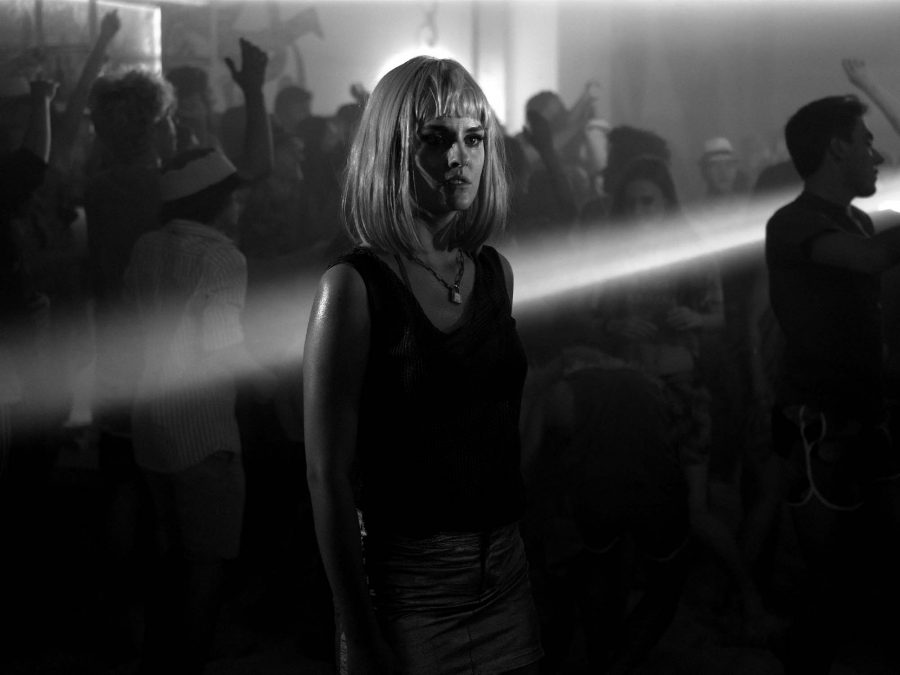The neighbourhood from which Jacques Audiard’s ninth feature film takes its name is situated in the south of the French capital, and is home to a large portion of its Asian population.
Lucie Zhang plays Émilie Wong, a Taiwainese Parisian living rent-free in her grandmother’s apartment, ignoring the concerns of her mother and older, more successful sister, while halfheartedly working a restaurant job. She encounters level-headed teacher Camille (Makita Samba) while searching for a roommate, and an ill-advised attraction develops.
But the course of true love never did run smooth, and Émilie’s immature, borderline nihilistic ways soon take their toll on the sensitive Camille. Meanwhile, 32-year-old Norah (Noémie Merlant) has just arrived in Paris from Bordeaux to study law – but a case of mistaken identity involving cam girl Amber Sweet (Jehnny Beth) sends her reeling and into Émilie and Camille’s orbit.
These converging narratives are sharply adapted from Adrian Tomine’s graphic novel ‘Killing and Dying’ by Audiard, Céline Sciamma and Léa Mysius, and are successful in demystifying the romantic clichés of the City of Lights on screen.
There’s a real sense of place within the film, particularly in the apartments of Émilie and Norah, but also as they wander the neighbourhood through malls and green spaces. It feels like we’re being given a tour by locals, whose love for their city is only jaded by the burden of title.

This apathetic insider’s view of Paris matches its drifting occupants at the heart of the story; Émilie works a dead-end job in a call centre, while Camille has to take up a new job to support himself while he works on his doctorate in modern literature. Meanwhile, Norah approaches Paris with the wide-eyed wonderment of a young woman who’s just moved to the big city, caught under its spell.
French electronic artist Rone provides the film’s dynamic score, which complements Audiard’s decision to shoot in moody black-and-white (aside from one scene, which feels like a slightly detracting misstep). But it’s the quartet of actors at the heart of the story who really deserve all the praise: in a pleasurable two-hour runtime, they feel fully-realised and sympathetic. Newcomer Lucie Zhang is particularly impressive, cutting an acerbic yet vulnerable figure as Émilie, caught between familial expectation and pursuing her own passions.
With keenly-observed riffs on topics including dating apps, stand-up comedy and the nature of casual dating in the modern world, there’s no moralising or scorn for the young folks and their messy approach to work and play. Even with its artsy cinematography, this feels like Audiard’s least self-conscious work to date, a playful reminder that the kids aren’t alright, but they’re feeling their way through.
Support our independent journalism and receive monthly film recommendations, exclusive essays and more
Become a memberANTICIPATION.
After the delightful The Sisters Brothers from 2018, this looks quite different. 4
ENJOYMENT.
Lucie Zhang deserves to be a superstar. 4
IN RETROSPECT.
An emotional headrush-of-a-film anchored by a clutch of amazing performances. 4
Directed by
Jacques Audiard
Starring
Noémie Merlant, Lucie Zhang, Makita Samba
The post Paris, 13th District appeared first on Little White Lies.


0 Comments